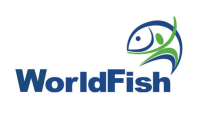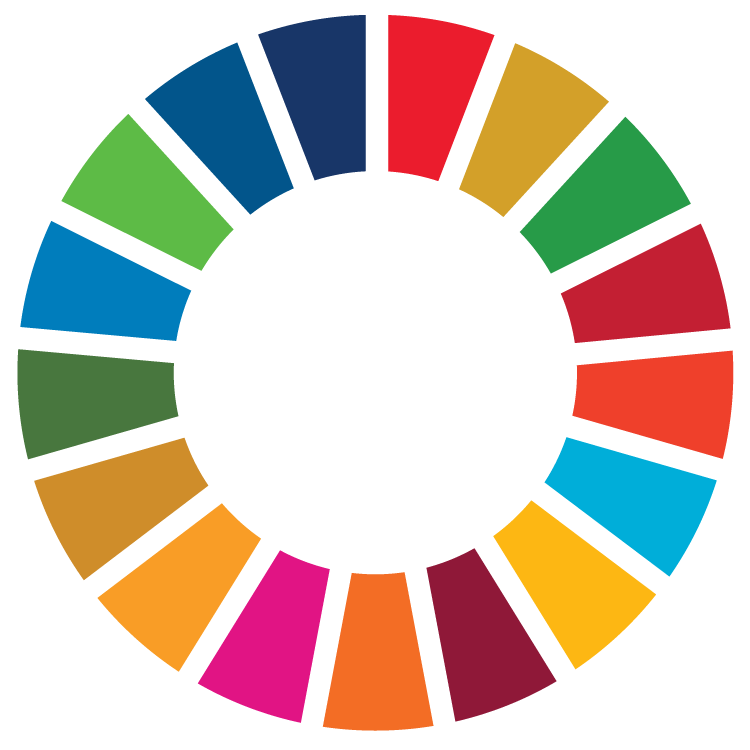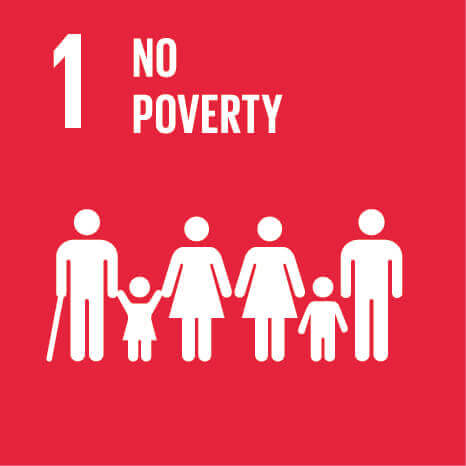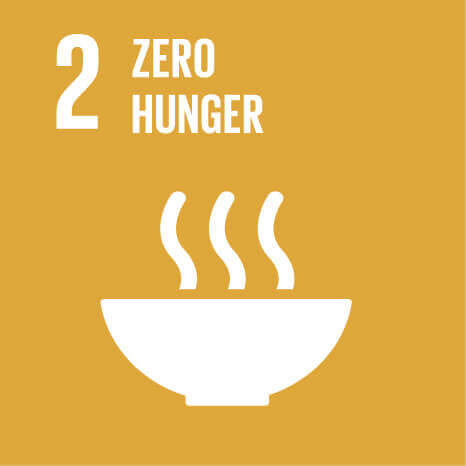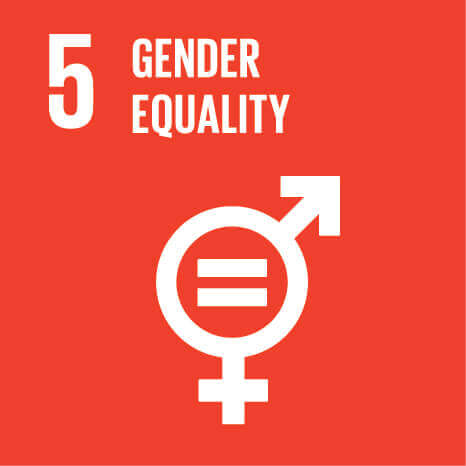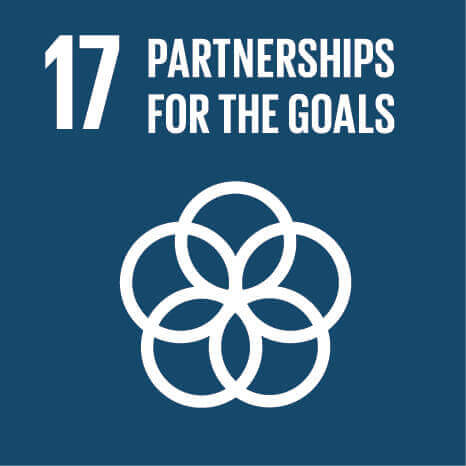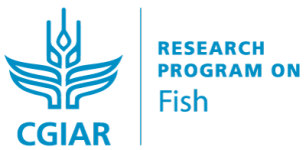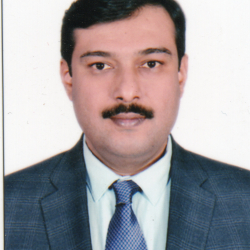The adoption of Aquaculture Best Management Practices by fisherwomen is contributing to livelihoods and nutrition improvements for nearly 200,000 people in Odisha, India
Published on: May 1, 2021, Submitted by Lauren Burcham on: April 28, 2021, Reporting year: 2020
Gram Panchayat (GP) tanks with water spread area of 3,516 hectares have been leased out to more than 4,500 Women Self Help Groups (WSHGs) to carry out pisciculture across 30 districts of Odisha. WorldFish has been providing technical support to the district officials in various implementation processes. WSHGs became aware on nutrition-sensitive fish food systems through carp-mola polyculture practices, and now over 45,000 women have adopted BMPs, contributing to nearly 200,000 people consuming more fish.
WSHG of Koraput district with harvested fish
The fisheries sector plays an important role in uplifting the rural economy of Odisha.The overall aim of the Fisheries and Animal Resources Development Department support scheme is to augment the State’s fish production and increase rural incomes through the active participation of women. The programme also aims to improve household nutrition by enabling access to nutritious small indigenous fish like Mola (Amblypharyngodon mola).
In Odisha, an approximate of 64,000 Gram Panchayat tanks spreading over 51,000 hectare of water area are being governed by concerned Gram Panchayats. The Government of Odisha intensified its efforts allotting these GP tanks to mission Shakti women self-help groups (SHGs) for fish farming. In 2018, Government of Odisha launched a flagship scheme “Fish Farming in Gram Panchayat Tanks by Women SHGs” which was rolled out in convergence with Directorate of Fisheries under Department of Fisheries & ARD. This scheme has brought a major policy change in the allotment / leasing of GP tanks to mission Shakti women SHGs, preferably entrusting the long-term leasing for 3 to 5 years on priority basis. The government has continued the support to WSHGs during 2020-21. During 2020-21, additional 1622.86 ha of GP tanks have been leased to other 1,961 WSHGs in 30 districts of Odisha. All the tanks were stocked with zero-sized advanced fingerling (50-100g). WorldFish provided technical support to the district officials in various aspects of the implementation process like in the selection of WSHG, adoption of BMPs by WSHG, capacity building of WSHGs. etc.
The Ministry of Food Processing Industries (MoFPI), in partnership with the State Governments, has launched an all India Centrally Sponsored PM Formalisation of Micro food processing Enterprises Scheme (PM FME Scheme) for providing additional financial, technical and business support for upgradation of existing micro food processing enterprises. WorldFish scientists have been providing technical expertise and inputs to the Fisheries and ARD Department, Government of Odisha in obtaining aquaculture investments under One District One Product (ODOP) Scheme on Fishery Products for Balasore, Bhadrak, Khurda, Ganjam & Kalahandi Districts.
The investment under this scheme will support the women self-help groups (WSHGs) in these districts to:
- install low-cost polyhouse solar driers for hygienic production of dried fish and its marketing
- install mini fish processing units for production of deboned and value-added fresh fish
- market the live fish produced from aquaculture farms
- train the WSHGs in technical and business aspects of these activities
To date the project has made considerable strides regarding adoption of better management practices (BMPs) and inclusion of women in fish farming.
- 45,610 women adopted BMPs in fish farming
- 183,586 people (from 39,910 women from WSHGs) assisted to exit poverty thanks to fish farming activities in Odisha, India
- 209,806 people consuming more fish (carp, mola, SIS) through fish farming activities and inclusion of SIS fish in mid-day school meals
- 6,877.3 MT of fish produced in the fish tanks leased to WSHGs practicing BMPs
To assess the status of implementation of the scheme “Fish Farming in Gram Panchayat Tanks by Women SHGs”, achievements of key output and outcome parameters, to identify the bottlenecks as well as examine the possibilities of replication of good practices, a crop outcome survey was conducted by the Odisha-WorldFish project during the reporting period. Survey was conducted on WSHGs that participated in the scheme during 2018-19 and 2019-20. Key findings include:
- Increased fish production: the average fish production was 1,725 kg/ha in 2018-19 and 1,956 kg/ha in 2019-20.
- Increased the number of women making a profit from fish sale: profit was made by 85% and 90% of WSHGs during 2018-19 and 2019-20, respectively.
- Increased fish value: the average value of fish produced (including sold, gifted, consumed and leftover) was Rs. 243,570 /ha in 2018-19 and Rs. 278,333/ha in 2019-20.
Stage of Maturity and Sphere of influence
-
Stage of Maturity: Stage 2
-
Contributions in sphere of influence:
1.3.2 - Increased livelihood opportunities
3.2.1 - More productive and equitable management of natural resources
Acknowledgement
This work was undertaken as part of the CGIAR Research Program on Fish Agri-Food Systems (FISH) led by WorldFish. The program is supported by contributors to the CGIAR Trust Fund. Funding support for this work was provided by Fisheries and Animal Resources Development Odisha under the Program with Department of Fisheries.
